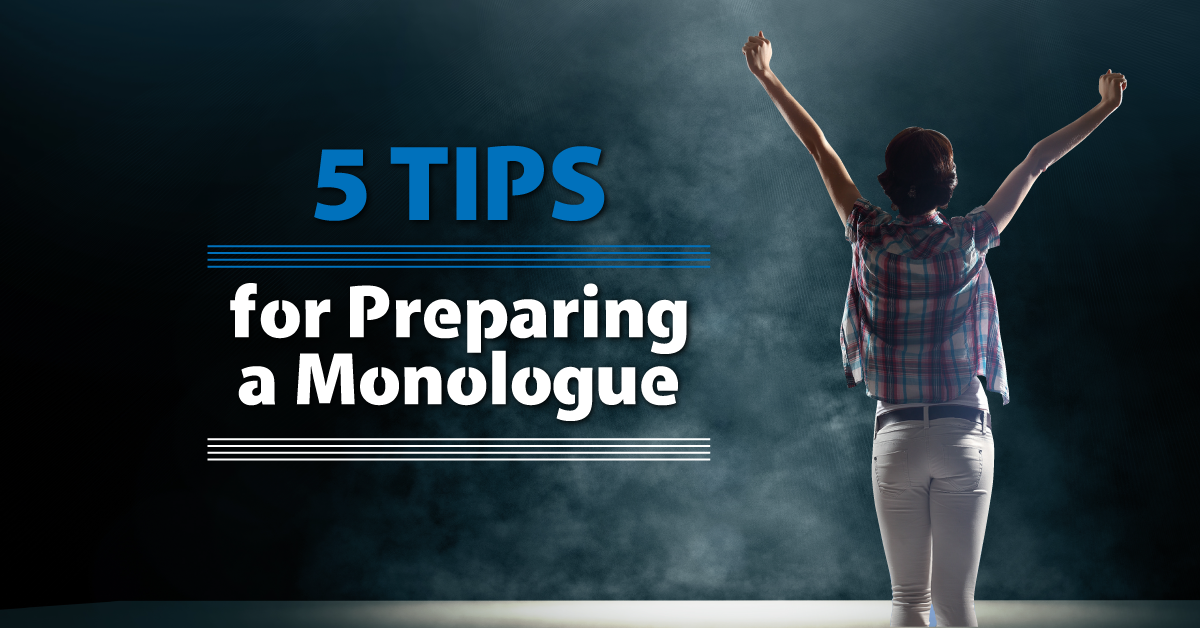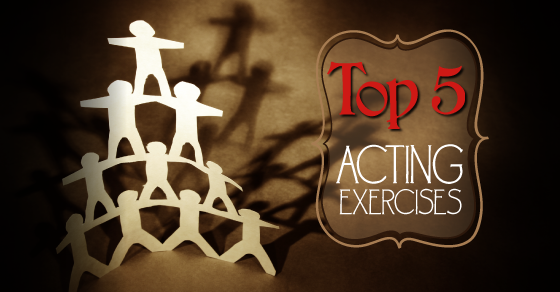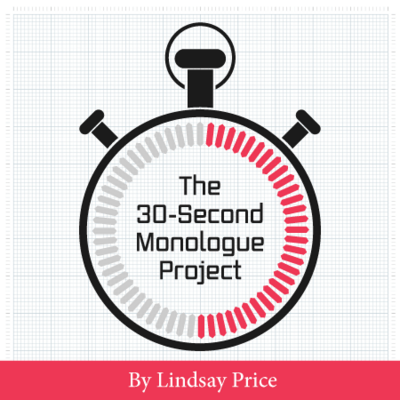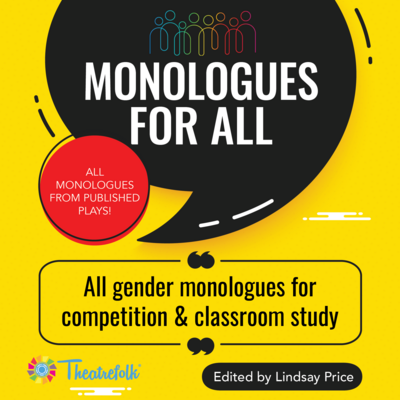A squirt gun would never be mistaken for a real gun, right? Dive into the thought-provoking world of Water. Gun. Argument and challenge what we choose to believe. A thought provoking and powerful piece in a docu-theatre style.
5 Tips for Preparing a Monologue with Confidence
Monologues. The word can send shivers down the spine of the bravest actor! It’s just you up there on stage with all those words. When faced with a monologue, will you sink like a rock or shine like a star? Here are five tips to help you prepare a monologue like a champion!
1. If you get to select your monologue, choose one you really like.
If you need a monologue for an audition, competition, or class project and you get to choose your piece, that’s fantastic! You are already at an advantage because you get to choose the piece yourself. Pick a monologue that you really like. You’ll be more eager to work on the monologue and practice it if you love the piece you’re performing.
2. Break down the monologue.
Monologues can be intimidating because they are a huge chunk of text on a page. Breaking them down into smaller chunks can help you memorize the lines and really understand what the character says or feels. Read through the monologue and separate it into sections or “beats.” A change in thought or topic is a different beat. Make a note about the overall theme or topic of each beat (try to keep it to one or two words). The theme/topic words will help jog your memory when memorizing your monologue. This is why you make a note in your own words — so it makes sense to you! Then re-write or type out the monologue in the beat sections for memorization purposes. Smaller chunks of lines are often less intimidating to learn than pages of text.
See the giveaway below for an example.
3. Get memorization out of the way early.
Memorizing lines is just the tip of the iceberg. It is even better to get your lines memorized (accurately!) as quickly as possible. This will help alleviate stress when you go to perform. You’ll be able to focus on your character and movements instead of struggling to remember the next word.
There are lots of ways to memorize monologues – try reading it out loud, recording your voice and listening to it, typing it out, or handwriting it. Experiment with different techniques to see what works for you.
4. Record yourself performing the monologue, then watch the recording.
As part of your rehearsal process, use a smartphone or digital camera to record yourself performing. Then watch the recording while taking notes on the performance. It can be hard to watch yourself perform, but it is an incredibly useful process. You will be able to see first-hand exactly what you are doing well, and what you can improve on. You might notice that you have great facial expressions while you’re performing – awesome. Keep that! You might notice that you have a nervous habit you didn’t realize, such as smoothing your hair or clothes, leaning or swaying, or looking around without a focus. Perhaps you can’t understand yourself because you’re speaking too quickly or softly. Write down what you did well and what you can improve on. Then, try again!
5. Focus on your character and block everything else out.
The most important part of your monologue preparation should be to create a three-dimensional character. As you prepare, think about your character and what he or she wants. Keep that goal or desire in your head at all times, to keep you focused.
Bonus! How do you deal with performance nerves?
Worried about a test, something your friend said, or the actual performance itself? Here are a couple of tricks to eliminate external worries so you can focus on the task at hand.
- Take a slip of paper and for two minutes write down all your worries. After the two minutes are up, crumple up the paper or rip it up and throw it in the garbage. Get those worries out of your head and away from you!
- If you’re worried about the performance itself, try this visualization technique: Imagine yourself performing your monologue with confidence. Imagine yourself walking onstage calmly, performing the monologue with clear diction, strong characterization, and crisp movements. Imagine the audience giving you a standing ovation! How does this visualization make you feel? Hopefully, it makes you feel calm, cool, and confident.
Now get out there and wow the audience with your performance!
Kerry Hishon is a director, actor, writer, and stage combatant from London, Ontario, Canada. Check out her blog at www.kerryhishon.com.
Related Articles
The 30-Second Monologue Project
by Lindsay Price
Give students the confidence, skills and tools they need to master the monologue with The 30-Second Monologue Project. This four-lesson unit guides students from the first moment to a successful performance.
Monologues for All
by Lindsay Price
Many monologue books have monologues with only male- or female-identified characters. This resource allows students to infer the identity of the character.





